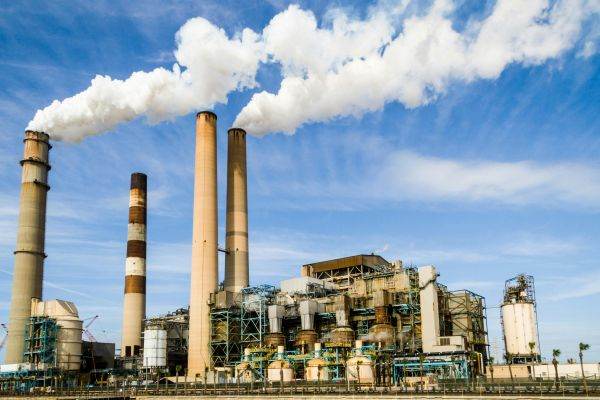Global carbon dioxide emissions from fossil fuels will reach a new record of 38.1 billion tonnes in 2025, up 1.1% from the previous year, according to the latest report by the Global Carbon Project, published at the UN climate conference (COP30). The conclusions of the study, signed by more than 130 international researchers, confirm that limiting global warming to 1.5 degrees Celsius is becoming "virtually impossible”. The report highlights that the current rate of emissions exceeds the average growth rate over the past decade, estimated at 0.8% per year. Emissions are now 10% higher than in 2015, the year the Paris Agreement was adopted, which set the goal of keeping warming below 2 degrees Celsius, ideally at 1.5.
According to the Global Carbon Project, the amount of carbon dioxide that humanity can still emit to stay below the 1.5 degrees Celsius threshold is 170 billion tons, the equivalent of just four years of emissions at current levels. "In practice, it is impossible to stay below the limits of the Paris Agreement,” said Pierre Friedlingstein, the coordinator of the study. Even though some countries have managed to reduce their emissions by expanding renewable energy, adopting electric vehicles or stopping deforestation, "collectively, the world is not living up to expectations,” warns Glen Peters, a researcher at the International Center for Climate Studies. The UN estimates that if countries meet their current commitments, the global average temperature will rise by 2.3-2.5 degrees Celsius by the end of the century, while Climate Action Tracker analyses indicate a similar trajectory of 2.6 degrees by 2100.
In 2025, emissions from burning coal will reach a new record, with an increase of 0.8%, mainly in the US and India. Emissions from oil and gas also increase by 1% and 1.3%, respectively, with gases returning to their pre-pandemic upward trend. The United States and the European Union also record increases in emissions, 1.9% and 0.4%, amid colder winters. In China, the world's largest emitter, the level is stabilizing (+0.4%), but experts warn that political uncertainties do not allow the conclusion that the peak has been reached.
• Al Gore: "We're using the sky as an open sewer”
Former US Vice President Al Gore lashed out at the lack of global action in a speech at COP30. "It's crazy that we're releasing 175 million tonnes of greenhouse gases into the atmosphere every year. If we treat the sky as an open sewer, adaptation will be impossible,” he said, promoting the Climate Trace project, an initiative to monitor global emissions sources. The Belem summit, which is being attended by delegates from more than 190 countries, has been extended by three days in an attempt to advance discussions on climate goals, financing and trade rules. The Brazilian presidency of COP30 is trying to facilitate a consensus between major economies, including China and India, and vulnerable states, gathered in the Group of Small Island Developing States (AOSIS). The negotiations aim to develop a possible "pact" that would include commitments to reduce emissions, financial support for developing countries and rules on data transparency.
















































